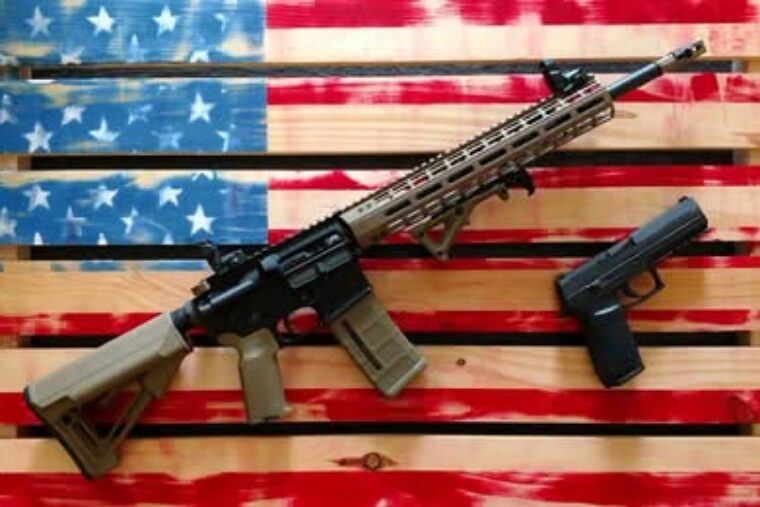Are all laws having to do with firearms and “gun rights” unconstitutional?
The First and Second Amendments of the United States Constitution serve as foundational elements of American law and governance.
Each amendment, while relatively brief in its phrasing, carries profound implications for the rights of individuals and the limits of governmental power. A close examination of the language — “Congress shall make no law” in the First Amendment and “shall not be infringed” in the Second Amendment — reveals significant differences in scope, interpretation, and historical application.
I try here to explore these distinctions and their broader constitutional ramifications.
The First Amendment states:
“Congress shall make no law respecting an establishment of religion, or prohibiting the free exercise thereof; or abridging the freedom of speech, or of the press; or the right of the people peaceably to assemble, and to petition the Government for a redress of grievances.”
By Alan J. Chwick, Paralegal



